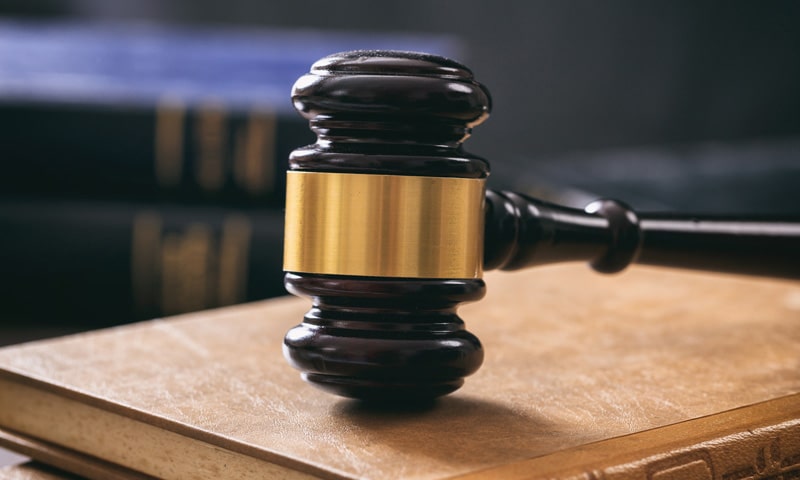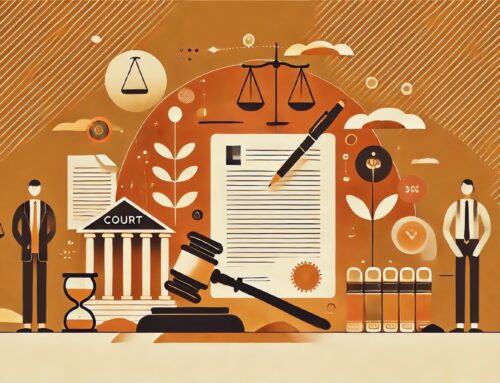You’ve probably heard the word “hearsay” tossed around in conversations with your friends or perhaps from the characters of your favorite legal drama. Unfortunately, there are several common misconceptions about hearsay that confuse a lot of people. So, what is hearsay? The rule against hearsay is one aspect of the Utah Rules of Evidence, which exist “to administer every proceeding fairly . . . [and] to the end of ascertaining the truth and securing a just determination.”[i] Specifically, Article VIII of the Utah Rules of Evidence establishes the bounds and exceptions to the rule against hearsay. Article VIII is difficult to understand because it contains lots of rules and exceptions. In short, it can be difficult to determine what is hearsay and what is not. We’ll start with the basics.
What is the definition of hearsay?
According to Utah Rule of Civil Procedure 801(c), “‘hearsay’ means a statement that: (1) the declarant does not make while testifying at the current trial or hearing; and (2) a party offers in evidence to prove the truth of the matter asserted in the statement.”
That means anything I say before trial is hearsay, right?
Wrong. There are lots of out-of-court statements that are not considered hearsay. For example, if you make a statement out of court that contradicts your testimony in Court, the opposing attorney can use the previous statement you made—to prove that your statement is inconsistent with something you said or wrote in the past. If you deny making the previous statement or forgot you made the previous statement at trial, then that previous statement can be used to make you look foolish.[ii] This is only one example of the way out-of-court statements can be used at trial. There are many exceptions to the rule against hearsay.
What about eyewitness testimony? Hearsay?
No. It might make you feel uneasy to hear someone else testify in court about the crime, accident, or event you were involved in. However, it is not hearsay if the individual giving testimony at trial was an eyewitness. Likewise, if you personally witnessed something, your testimony is not hearsay. That is eyewitness testimony, which is generally admissible as evidence.
Documents seem more official, are they hearsay?
Regardless of how official a document seems, documents generally qualify as hearsay under the components of the definition. Documents contain out-of-court statements, and they are often “offer[ed] in evidence to prove the truth of the matter asserted.”[i] However, most documents are allowed in trial under the many exceptions to the rule against hearsay, which are outlined in Article VIII. The concept of hearsay can be difficult to grasp. At times, even experienced legal professionals have to stop and think about whether or not something is hearsay. Although the rule is misunderstood by many, the attorneys at Hepworth Legal have years of trial experience and can help you sort through these types of difficult legal concepts, including the question: what is hearsay? Call (801) 845-9197 for a case review if you are interested in pursuing legitimate legal action.
The information contained in the article is intended for educational purposes only. Nothing in this article is intended to constitute legal advice, and by no means should be construed as such. [i] Utah Rules of Evidence, Rule 102 [ii] Utah Rules of Evidence, Rule 102(d)(1)





Leave A Comment